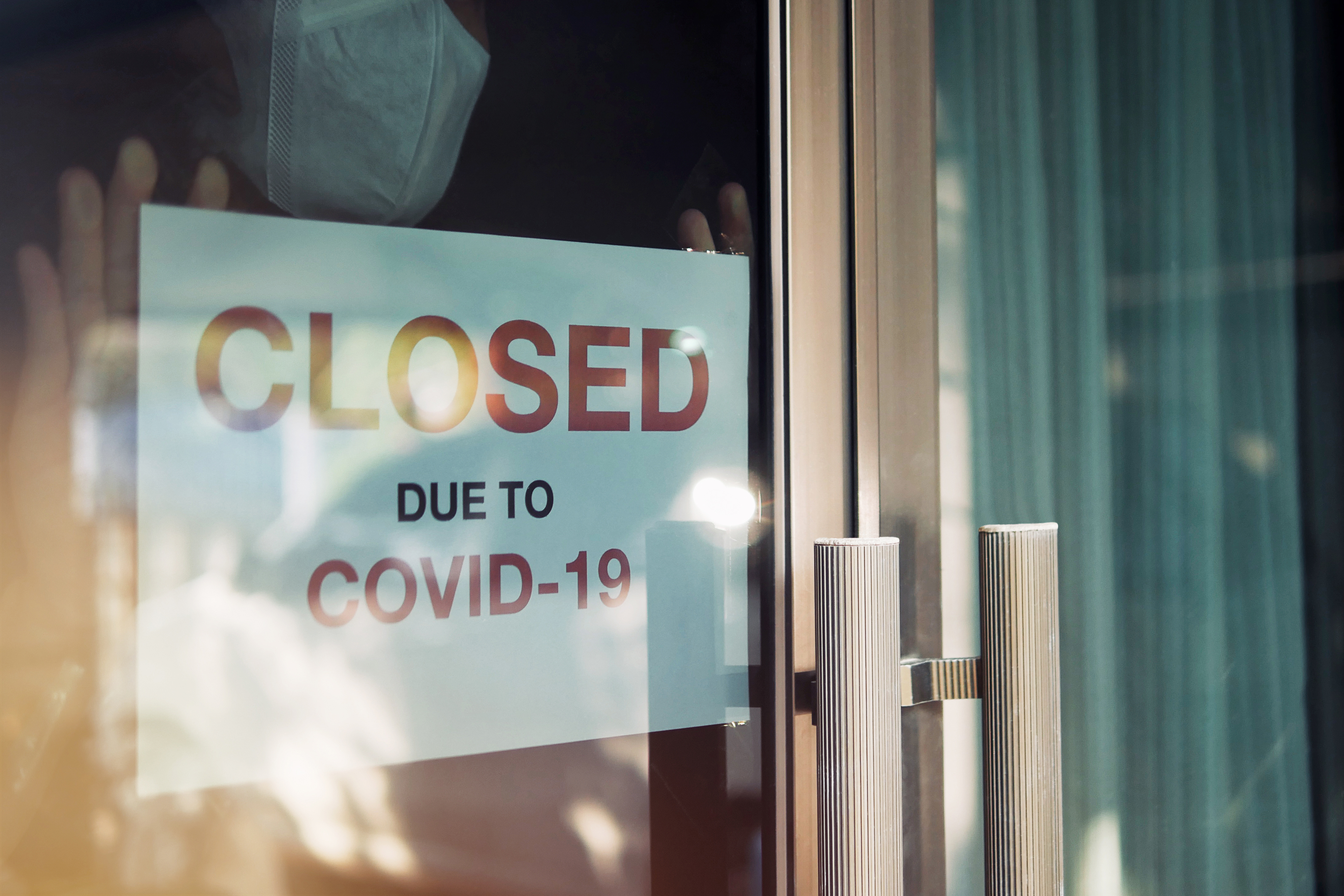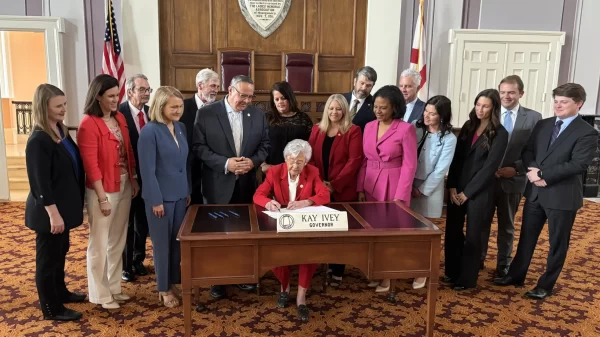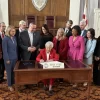The Alabama House of Representatives on Tuesday passed legislation that would prevent public officials from differentiating between what types of businesses can be open and which must close during a state of emergency.
House Bill 103 is sponsored by state Rep. Jamie Kiel, R-Russellville.
Under existing law, the governor and Legislature are each authorized to declare a state of emergency. During a state of emergency, the governor, state departments and agencies, and local governing bodies are authorized to issue emergency orders, rules or regulations, including orders, rules or regulations that require businesses and other entities to implement certain safety precautions in order to operate.
This bill would provide that, during a state of emergency involving a pandemic, epidemic, bioterrorism event or the appearance of a novel or previously controlled or eradicated infectious disease or biological toxin, businesses and churches could continue to operate as long as they follow safety precautions.
“This would do away with essential and nonessential businesses in a state of emergency,” Kiel explained. “If any business is allowed to be open, then all businesses and churches have a right to be open.”
“If Wal-Mart is allowed to reopen at 50 percent capacity then a Church should be allowed to be open at 50 percent capacity, the wearing of masks, and the other safety standards called for by the governor,” Kiel added.
Kiel said that during the governor’s state of emergencies, furniture stores were ordered closed but Wal-Mart and Target, which sell mattresses, were allowed to open.
“It would have been much safer to have shopped for a mattress in a furniture store than at a store that also sells bananas,” Kiel explained.
Rep. Merika Coleman, D-Midfield, said that her family held a large funeral after the March 12 COVID-19 break, but before the orders not to gather. Nearly two dozen contracted COVID-19 and six died from it.
“How much money was my Aunt’s life worth,” Coleman said. “You want people to die over a mattress?”
Rep. Danny Garrett, R-Trussville, said that he spoke with the manager at the Hoover Wal-Mart, who told him that fire marshal capacity for the store was 950. When the state cut capacity to half, that was still over 450, which is still more people than are in the store during the Christmas season.
“Closing lots of businesses and leaving some stores open funneled all the people into a few stores turned them into a super spreader event,” Garrett said.
“If it is safe to gather at Wal-Mart, it is safe to gather at Joe’s Boutique,” Kiel said.
Rep. Scott Stadthagen, R-Hartselle, said, “Thank you for bringing this bill. In the last year, we have all experienced something we thought that we would never experience.”
“The governor can still close businesses in a public health emergency, but if the order is to close businesses then all businesses are closed,” Kiel explained. “I think all businesses should operate under equal guidelines.”
Rep. Laura Hall, D-Huntsville, said that the orders were based on the guidelines put out by the CDC.
“I don’t think we operate under the CDC guidelines. In a state of emergency, we operate under the orders set by the governor,” Kiel responded.
The House passed a committee amendment that stated that this law would supersede the public state of emergency act of 1955.
“This bill would not preclude a governor from issuing a state of emergency,” Kiel stated.
The Alabama House of Representatives passed HB103 by a vote of 78 to 22. It now goes to the Senate for their consideration. Wednesday will be day 11 of the 2021 Legislative Session.












































